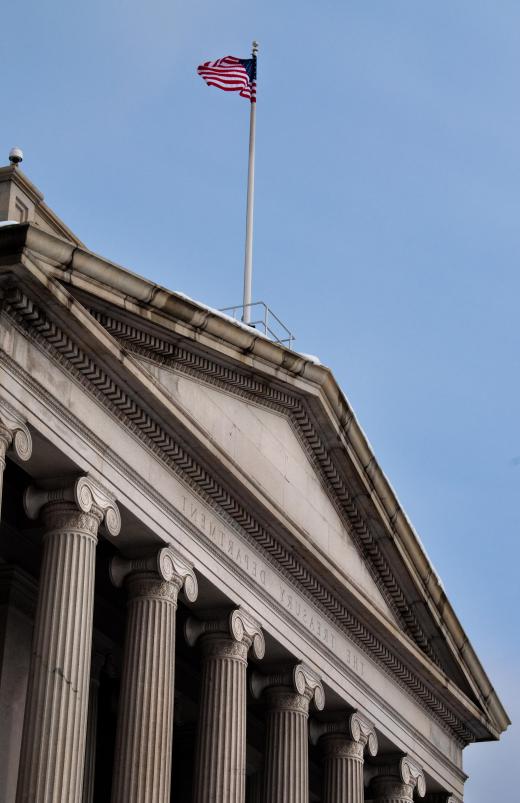At WiseGEEK, we're committed to delivering accurate, trustworthy information. Our expert-authored content is rigorously fact-checked and sourced from credible authorities. Discover how we uphold the highest standards in providing you with reliable knowledge.
What is Monetization?
Monetization is the conversion of any asset, security, possession, or holding into money or legal currency. With different meanings in different settings, monetization may refer to selling a product for cash, charging for an item that has previously been free, increasing the profitability of an item, or selling a bond to obtain cash. Companies use various monetization strategies to increase revenues and net profits. For example, companies with websites strive not only to attract web surfers, but also to convert each surfer who enters the site into a paying customer. Other companies may monetize by charging a fee for previously complimentary services, such as parking, to transform an expense into a revenue-generating item.
When the United States government runs a budget deficit, it may cover the shortfall in revenues by raising taxes, cutting expenditures, or borrowing money. If the U.S. government borrows the money, the U.S. Treasury will sell a Treasury bond to an investor in the private sector for a given amount of money. Rising federal debt leads to increasing interest rates, which can inhibit the economy. The Federal Reserve, the independent central bank charged with printing new money, may print enough new cash to purchase the bonds from the private sector. This monetization action reduces the government debt, lowers interest rates, and increases the money supply, which eventually leads to inflation.

Some advocates of welfare reform promote the monetization of social benefits. Instead of food stamps, baby formula, diapers, and transportation credits, welfare recipients would receive the equivalent amount of support in money. Monetization of these services would simplify their administration, prevent market changes or favoritism to vendors or industries, and prevent the black market sale of the "free" benefits for money. On the other hand, monetization may also result in overcompensation of some individuals and under-compensation of others. Welfare recipients may not spend the funds for the intended benefits.

Some environmental and scientific organizations figuratively monetize natural resources for purposes of research. For example, conservation organizations may calculate ecological footprints for different nations, continents, companies, or industries, with respect to use or exploitation of water or land in monetary terms. Assessing the economic value of the environment takes into account the benefits that can be enjoyed from the use of natural resources compared to the non-monetary benefits, which can be monetized using a variety of formulas, of species survival, optional uses, and benefits of preservation. Monetization allows a cost-to-benefit analysis of alternative environmental policy choices in handling water and air quality, pollution, wastes, and climate change issues.
AS FEATURED ON:
AS FEATURED ON:












Discuss this Article
Post your comments